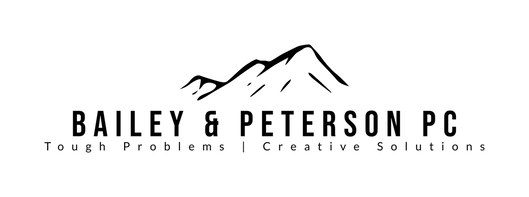|
Where do you find a good plumber? Who can recommend a good Italian restaurant? Who is the best divorce attorney in town? Sometimes these answers are found by asking family, friends, and neighbors, but many people find answers to these questions on social media and review sites such as Google, Yelp, Amazon, Facebook, and TripAdvisor. Customer reviews and testimonials are excellent marketing tools for a business because they build trust and goodwill and showcase your brand’s history. However, before you use them to promote your business, you need to be aware of what you can and cannot do. The Federal Trade Commission (FTC) is... the US government agency charged with protecting consumers. The FTC has a duty to investigate and prevent unfair methods of competition as well as unfair or deceptive actions that affect trade or commerce. Accordingly, the FTC has the authority to regulate how businesses implement tools like client testimonials. If a company or individual wants to advertise using endorsements or testimonials, they must understand and comply with FTC rules and regulations (as well as those from their own state, local, and industry-specific regulating bodies).
First, the FTC defines the term endorsement as a message from a third party “that consumers are likely to believe that reflects the opinions, beliefs, findings or experiences of a party other than the sponsoring advertiser.” A testimonial is a recitation of a personal experience from a customer about the use of the company’s product or services. The FTC treats endorsements and testimonials the same. The FTC Act aims to prevent consumers from being deceived as a result of the use of the following types of testimonials and endorsements:
0 Comments
Your comment will be posted after it is approved.
Leave a Reply. |
Archives
July 2024
Categories |
Proudly powered by Weebly

 RSS Feed
RSS Feed